Search

Portable equipment is available to enable bedside and community-led research in rural and remote communities, including Indigenous communities where children are disproportionately affected by chronic respiratory conditions.

One way the Wal-yan Respiratory Research Centre provides the opportunity for consumers and community members to contribute to our research is through participation in one of our eight community reference groups.

The discoveries that have set our research apart primarily relate to the factors early in life that cause life-long respiratory problems.
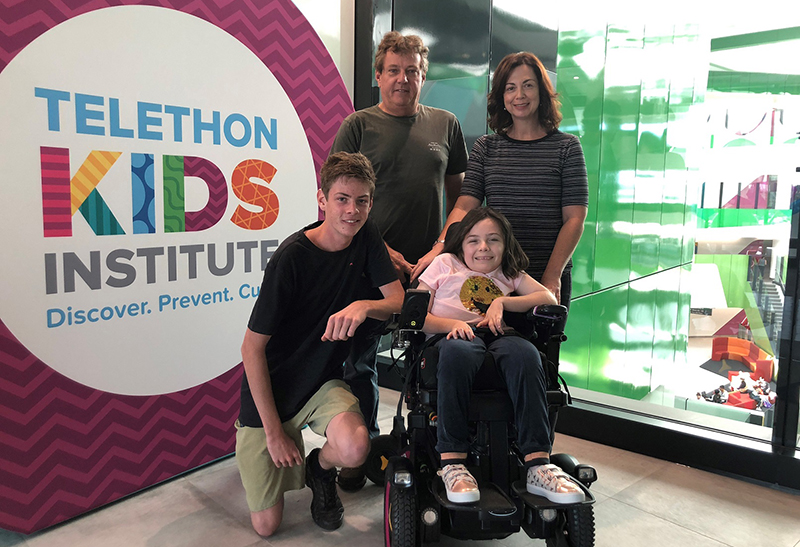
Neuromuscular disorders include many rare conditions, such as Duchenne Muscular Dystrophy and Spinal Muscular Atrophy, that adversely impact respiratory health.
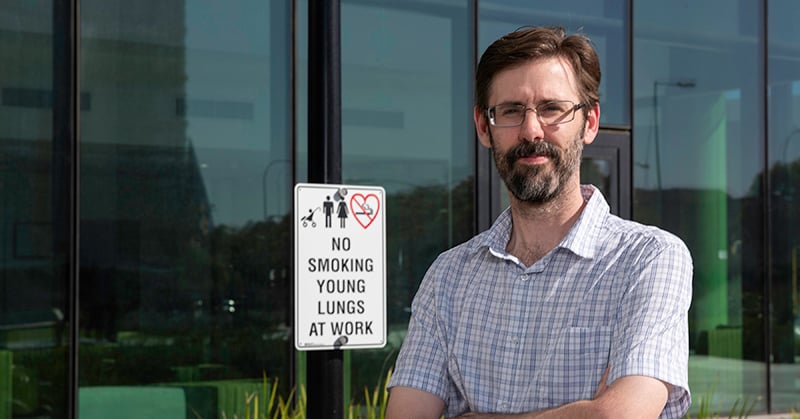
The lungs represent a key interface between the body and the environment.
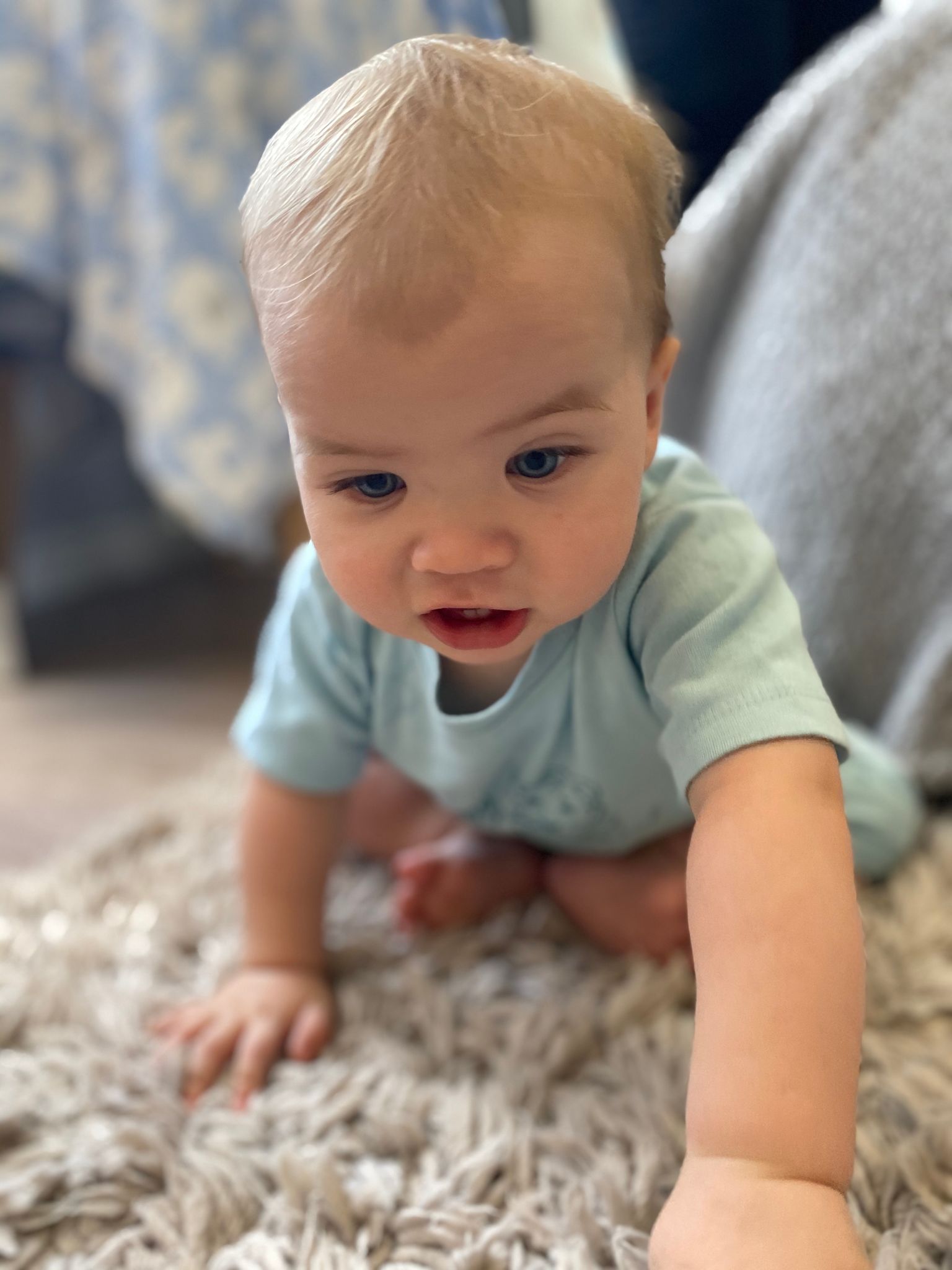
Focusing on the developmental trajectories of respiratory health includes developing strategies to improve and support immune system function and development over the life course.
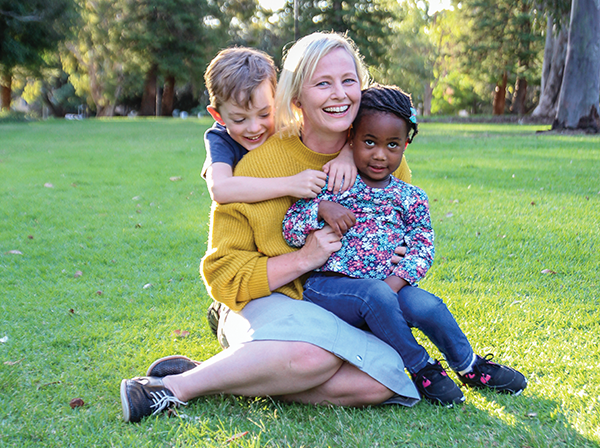
Each year, 11% (15 million) of the world’s babies are delivered before 37 weeks’ gestation.

News & events at Walyan Respiratory Research Centre.
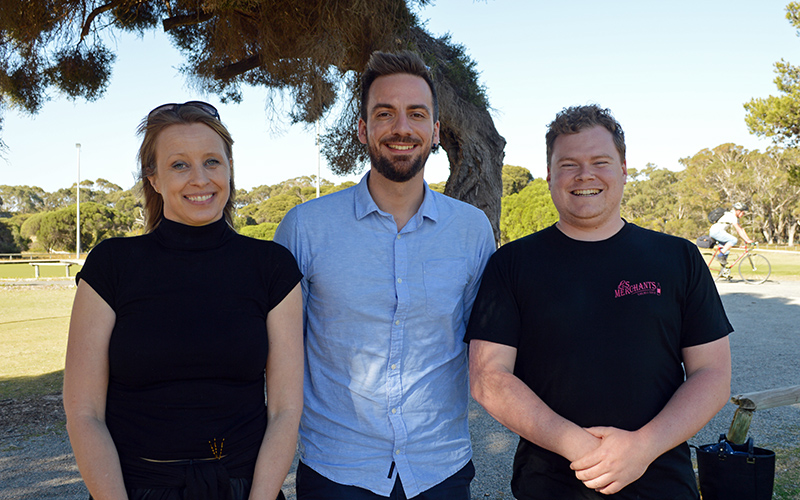
News & Events
Wal-yan Centre inaugural Shark Tank winnersCongratulations to Dr Montgomery, Dr Iosifidis and Dr D’Vaz on winning the Wal-yan Centre's inaugural seed funding competition.
News & Events
Toxic, harmful chemicals found in popular Australian e-liquidsPerth researchers have found toxic and harmful chemicals in several dozen e-cigarette liquids readily available in Australia.
